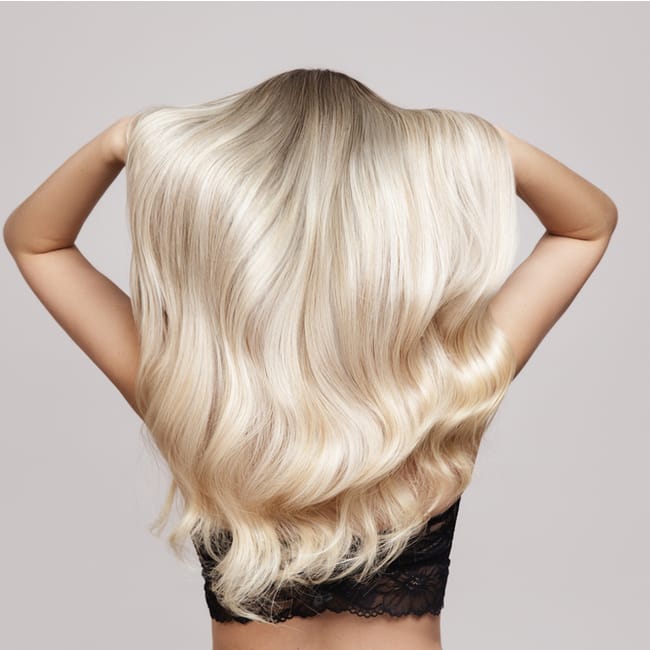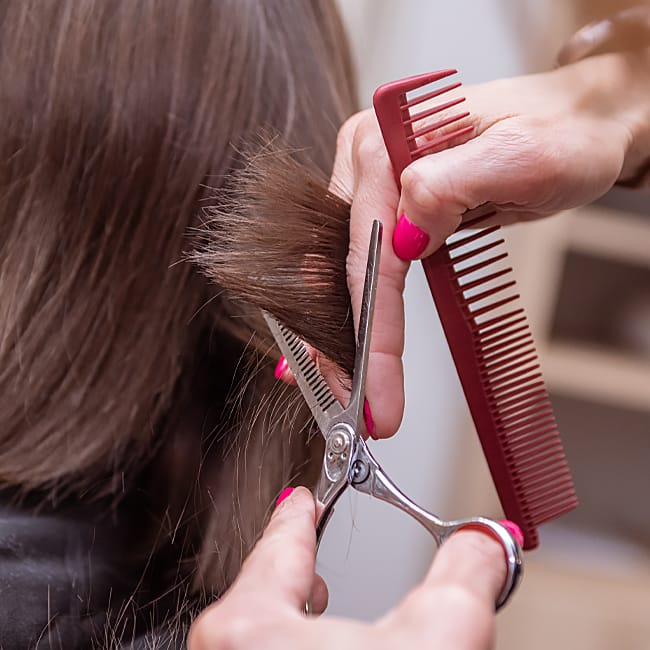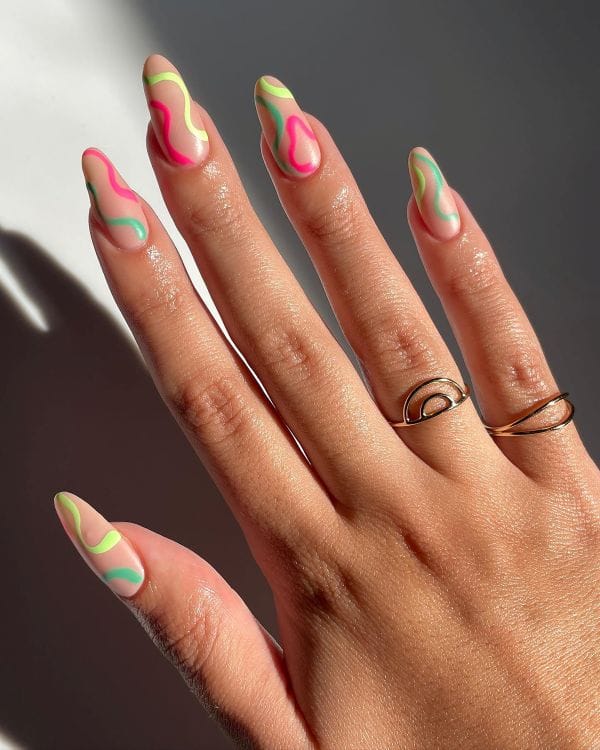This is an archived article and the information in the story may be outdated. Please check the time stamp on the story to see when it was updated last.
Few of us go truly au naturel with our hair. On any given day, we wash it, brush it, blow-dry it, straighten it, curl it, and lather it up with lots of products. There’s no question that we put our locks through the ringer!
As a result, hair can start to show signs of damage like split ends and crazy frizz. This is especially true for those of us who have long hair, which is harder to maintain. And the older we get, the more our hair naturally starts to thin and dull. Yikes! The good news is there are everyday hair care habits (from eating a healthy diet to getting regular haircuts) that can help fortify our strands. There are also bad habits we can stop doing. Keep reading to learn one of the worst things you can do to your hair-and why you should quit doing it, ASAP!


Overwashing hair
According to celebrity stylist Tarryn Feldman, "over-washing, not brushing correctly or over-processing your color" are all "pretty major" mistakes that people with long locks can make. Of this trifecta, experts agree that frequent hair washing might be one of the worst things you can do, since it leads to problems like dryness, scalp irritation, moisture loss, and even hair fallout!
"Keeping your hair clean by washing it every day may seem lilke a good idea, but it's actually very bad for your hair, no matter how you look at it and what hair type you have," professional hairstylist and founder of MyStraightener.com, Monica Davis, warns. Not to mention, many shampoos and conditioners contain harsh chemicals like sulphates that definitely aren't doing your long hair any favors.

Overwashing hair can mean stripping hair of its natural, protective oils that keep it shiny and healthy. Or it can dry out your scalp and trigger excess sebum production, as Monica tells us. "An overdried scalp may start overproducting sebum to compensate for the normal layer removed by frequent washing. Reduce the number of weekly washes to bring sebum production back to normal," she says.
Most stylists feel that 2-3 washes per week are perfectly sufficient. Of course, if you work out and sweat a lot, you might not be able to wait that long. Or if you have super oily hair, you might not be comfortable waiting that long, either.

There's a fix for that, though! If you're a gym junkie with perpetually sweaty hair, try extending the time between washes by rinsing with water, scrubbing the scalp and conditioning your ends only.
If you're someone who struggles with an oily scalp, you might benefit from a hydrating shampoo and/or conditioner. Though it sounds counterintuitive, your scalp could be producing more oil in an attempt to correct dryness and flakiness. And of course, remember that dry shampoo is your friend.
So lay off the long, often washes and monitor how your hair responds in the meantime-you might be pleasantly surprised!


























